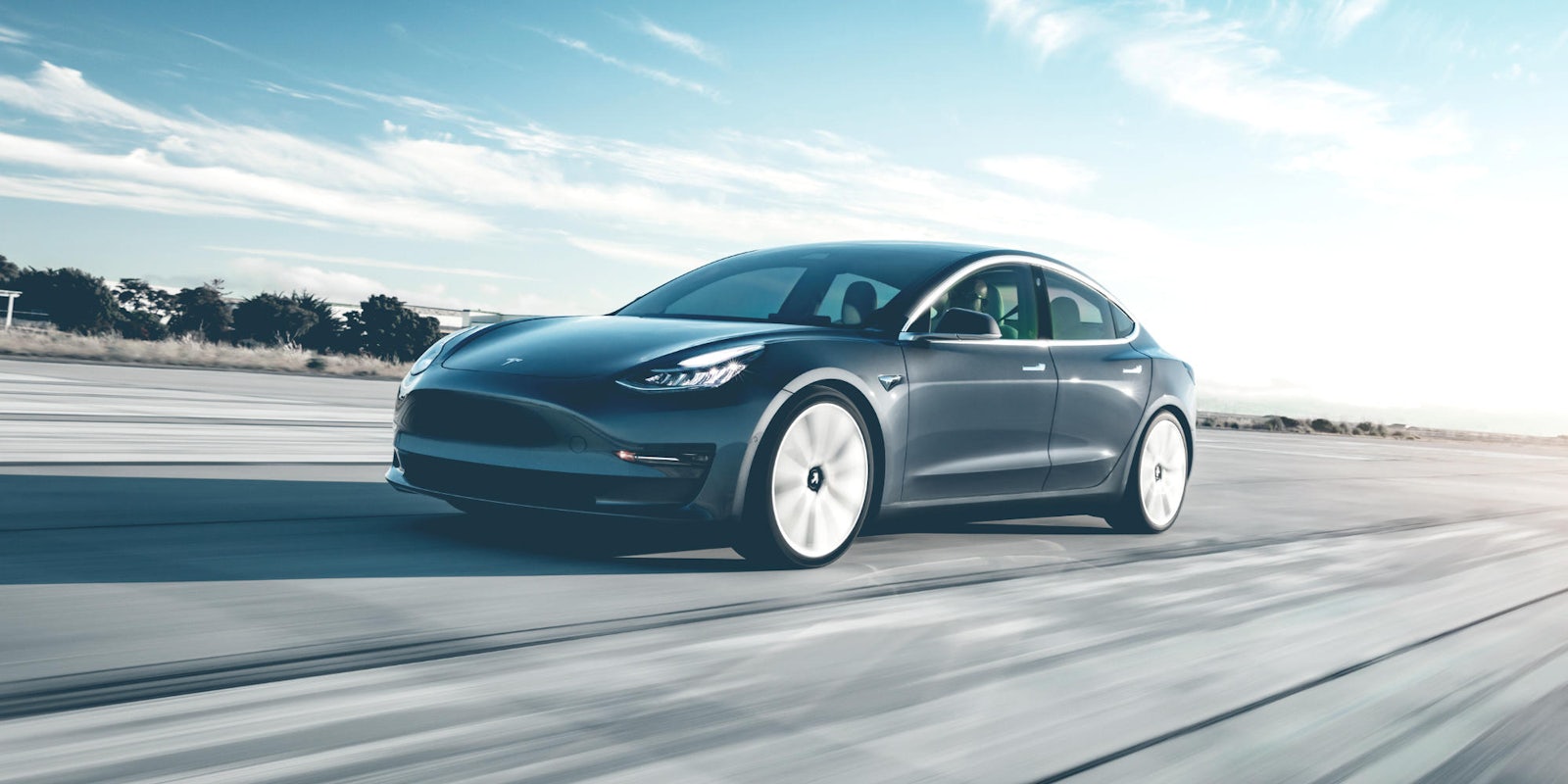Elon Musk is defending Tesla after a software update led to the recall of 53,822 vehicles.
The National Highway Traffic Safety Administration (NHTSA) stated this week that the automaker’s Full Self-Driving (Beta) software permitted certain models to disobey stop signs.
Affecting some Model S, Model 3, Model X, and Model Y vehicles, the update allowed for “rolling stops” at intersections if no other vehicles, pedestrians, or obstructions were detected.
NHTSA justified the recall by citing federal law that “prohibits manufacturers from selling vehicles with defects posing unreasonable risks to safety, including intentional design choices that are unsafe.”
Although Tesla plans to issue an over-the-air software update to disable the feature, Musk lashed out on Tuesday by criticizing the media’s coverage on Twitter.
Musk took specific issue with an article from the Associated Press (AP) which accurately noted that the feature allowed vehicles to “run stop signs.”
“He’s actually a lobbyist, not a journalist. There are many who pose as the latter while behaving like the former,” Musk said of the article’s author. “No integrity.”
The billionaire also pushed back on the NHTSA’s characterization of the feature, claiming that no safety issues were ever present.
“Indeed, there were no safety issues,” Musk added. “The car simply slowed to ~2 mph & continued forward if clear view with no cars or pedestrians.”
Musk’s response, unsurprisingly, was heaped with praise by his supporters. But others argued that the CEO’s remarks were of concern.
Journalist Sam Mintz pointed out that despite Musk’s claims, rolling stops are illegal across the board.
“This entire thread is mind-boggling,” Mintz said of Musk’s commentary. “Rolling stops like he’s describing, which were built into the Tesla software and resulted in a recall, are literally illegal in every state of the country.”
The software-related issue isn’t the first for the electric car manufacturer. Tesla also had to recall nearly 12,000 vehicles in the U.S. in November after a software update could have caused the forward-collision warning system and the emergency brakes to engage in error.
As noted by Reuters, the NHTSA is also looking into Tesla’s recent decision to allow passengers in more than 580,000 vehicles to play video games on the front center touchscreen while the vehicle is being driven.


